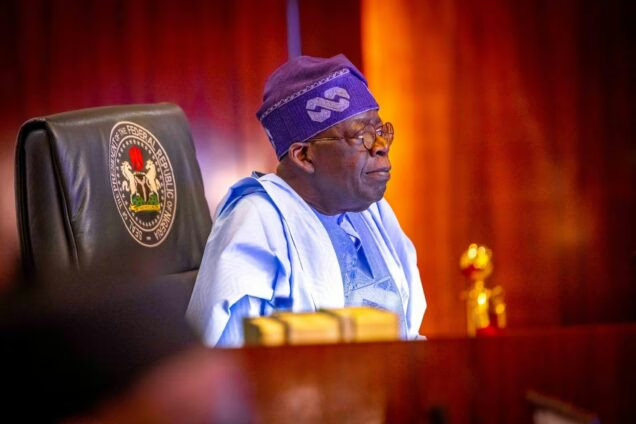African youth leaders convened in Abuja on Friday and urged greater investments in young people to address high unemployment, political instability, and economic fragility holding back the continent.
Speaking at the All Africa Conference of Churches Youth Pre-Assembly, chairperson Afika Rwayi said Africa’s 19.8% youth jobless rate in 2021 is much higher than the global figure.
With the continent’s booming young population, Rwayi insisted there is an urgent need for policies and initiatives that create employment opportunities. She added that limited access to quality education also impedes the skills development required for Africa’s competitive job markets.
She also noted that the high rates of unemployment in Africa represent a formidable challenge for the continent’s youth, as they encounter difficulties in accessing stable and meaningful employment opportunities.
Insufficient educational resources and outdated school curricula have resulted in many youths entering the workforce without proper qualifications, she explained. This perpetuates unemployment and widens socio-economic divides.
To empower youth, Rwayi advocated education systems responsive to evolving job demands, plus vocational training and entrepreneurship schemes that enable self-employment.
“To break this cycle, there is an imperative need to invest in education systems that are responsive to the evolving demands of the job market, providing young Africans with the tools and knowledge they need to contribute meaningfully to their societies and economies.
“Additionally, promoting vocational training and entrepreneurship programs can empower youth to create their own opportunities, fostering a culture of innovation and self-sufficiency in the face of employment challenges.
She decried the digital divide inhibiting African youth’s participation in the global digital economy and acquisition of tech skills vital for modern jobs.
“The significant digital divide in Africa underscores a critical challenge for its youth, as a substantial portion of this demographic lacks access to technology and the internet.
“This digital disparity inhibits their full participation in the global digital economy, limiting opportunities for economic advancement and connectivity.
“Unequal distribution of technological infrastructure, coupled with socio-economic disparities, creates barriers for many young Africans to acquire the digital skills necessary for the modern workforce,” she said.
In his remarks, Methodist Archbishop Michael Akinwale appealed to youth leaders to jointly develop solutions, reminding them that African governments count on their innovation and vision.
Over 600 young delegates from 40 African countries attended the 5-day conference to discuss bolstering youth capacity for the continent’s sustainable growth.
NAN











